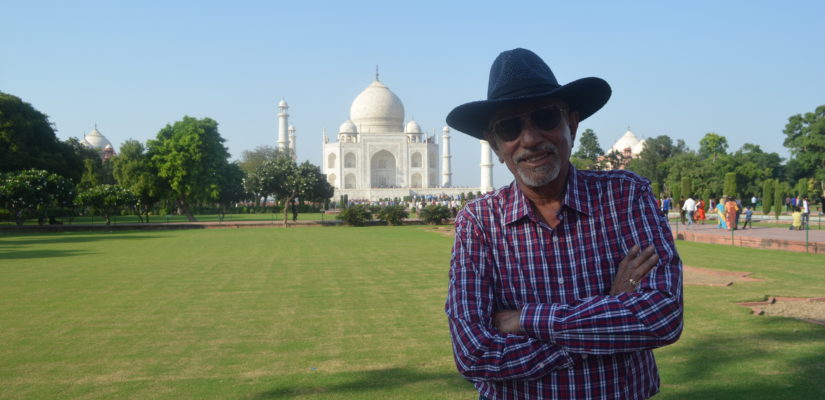
Restructuring national security architecture (English Version) Rakshak News 25 Oct 18
http://www.rakshaknews.com/vishesh/effective-the-national-security-framework
Restructuring national security architecture (English Version) Rakshak News 25 Oct 18
There have been a few decisions taken in the recent past indicating a change in the manner India would now handle national security. For a long time, India had no cohesive structure to assess emerging challenges and evolve a ‘whole of government’ approach to the same. India only reacted to situations and was never prepared with options for emerging scenarios.
The National Security Council (NSC) headed by the National Security Advisor (NSA), Ajit Doval, has been strengthened by giving him three deputy NSAs. Their tasks have been distributed and they would now function in close coordination with one another. These three would head diplomatic strategy, internal intelligence and strategic technological issues. Decision making would now come to the NSA, who has the ears of the PM and is his close advisor.
In addition, the post of a military advisor to the NSA has been recreated. A senior recently retired general has been appointed as the military advisor. His role would be to monitor changes in military infrastructure, equipment, strategy and deployment of forces inimical to the country and in our sphere of influence and interest. He was the earlier head of the defence intelligence agency.
In addition, there was earlier the creation of the Defence Planning Committee under the NSA. This comprises the three service chiefs, defence secretary, foreign secretary and the secretary expenditure in the ministry of finance. Its task is to push defence procurement, make in India and prepare draft doctrines on national security strategy and international defence engagements. These would form the basis of capability development for the armed forces. Its drawback is that such an organization has written off any reforms in higher management of defence, including appointing a Chief of Defence Staff (CDS) and creating unified commands.
The next has been the reorganization of the Strategic Policy Group (SPG). This was earlier headed by the Cabinet Secretary but had hardly met. It would also be an enlarged body and would now function under the NSA. This body would have secretaries of important ministries including the cabinet secretary, chairman of NITI Aayog, service chiefs, heads of RBI, space, atomic energy and intelligence. This would ensure that all ministries and organizations now work seamlessly from a common platform to determine future challenges and their common response.
There has also been a restructuring of the National Security Advisory Board (NSAB). It earlier had a large strength, was unwieldly and hardly met. It was more in name than result oriented. It has now been restructured to just four members headed by an ex-Indian Ambassador. It also includes a former chief of external intelligence, a retired army officer whose expertise is China and the head of a prestigious law university.
A China-specific think tank has also been created. It would be established employing resources from within. The intention being conveyed by the government appears to be that China would be a major threat in the future.
These changes have conveyed the seriousness with which the government is now viewing its national security architecture. It has finally established meaningful bodies, directly under the PMO to enhance inter-department cooperation and evolve a ‘whole of government’ approach to future threats and challenges. If effective, it would be a boost to development of capabilities needed to deter adversaries.
While such an action has been long required, its creation towards the fag end of the present government’s tenure would hardly cause a ripple. The national leadership would soon be moving towards the election mode and emphasis would shift from external to domestic policies. In case the same government returns to power then the body presently created would remain effective and boost Indian outlook and preparedness. In case the government changes, then it may die a natural death as the next incumbent may have a different view.
Indian politicians must realize that structures which are effective and enhance security preparedness must continue, while those heading them may change, with change of governments. This is the hallmark of a nation seeking to project its power beyond its shores. Simply disregarding what the predecessor created as an act of vengeance is a poor mindset.